
If a dog's eye is swollen all of a sudden, several health issues could be causing it, including allergies, injuries, infections, or abscesses.
Regardless of the cause, you'll need to head to your veterinarian for treatment. Ignoring it is never the answer because it can be painful for your dog.
Depending on the cause, the swelling can occur in one or both eyes. It can happen suddenly or slowly over time. The following causes are some of the most common, but other ailments can cause swelling, too.
One of the most obvious causes of eye swelling in dogs is an allergic reaction. Just like in people, insect bites and stings or exposure to other allergens can cause a dog's eyes to quickly become swollen. Facial swelling along with swelling of the throat can also occur during an allergic reaction, so this acute swelling should not be ignored.
Tumors in the mouth, on the face, or in the skull can put pressure on the eyes and cause them to swell (along with nearby tissue). The tumors aren't always obvious. Your veterinarian may not be able to see a tumor without your dog being sedated or fully anesthetized for an X-ray, MRI, or CT scan. They can be painful and their prognosis varies depending on the type of tumor.
Various types of bacterial infections involving the eye and surrounding tissues can cause inflammation and swelling. Additionally, viral, bacterial, fungal, and even some parasitic infections that affect other parts of the body can cause eye swelling.
Even though they are inside the mouth, tooth root abscesses can cause eyes to swell. The upper fourth premolar is a common culprit for swelling just under the eye because of its long roots. Skin abscess can also cause eye swelling if the abscess is located near the eye.
Glaucoma is a disease that causes increased pressure inside the eye. The eye can bulge and appear to be swollen or larger than normal.
Another disease of the eye is keratoconjunctivitis sicca—also known as dry eye. With dry eye, a dog does not produce an adequate amount of tears to keep the eyes lubricated. Consequently, they become dry and inflamed, and they can swell.
Severe trauma can cause an eye to actually pop out of its socket. It's called proptosis, and the eye will appear swollen. Sometimes the eye comes completely out of the socket, though it will often simply bulge.
Bite wounds, bumps, and scratches on the face can all cause inflammation and swelling. If these injuries occur near the eye, the eye or the surrounding area may become swollen. Dogfights, being hit by a car, and rough play are common causes of these eye-swelling injuries.
If one or both of your dog's eyes are swollen, call your veterinarian immediately. They may recommend at-home treatments like warm compresses, a saline eye rinse, or oral antihistamines such as diphenhydramine until you can get your dog into the hospital. Once they examine your dog and determine the cause, they may prescribe eye drops, antibiotics, anti-inflammatories, or steroids. Surgery, dental procedures, and other treatments may also be necessary depending on the cause of the swelling.
Because there are so many different causes of swollen eyes in dogs, it can be difficult to prevent. Regular check-ups with your veterinarian can help to detect any problems before they cause the eyes to swell. You should also keep your dog away from stinging and biting insects and situations that may cause trauma to the face.
Basic safety measures will help keep their eyes from being injured and getting swollen. The same goes for regular dental care. Avoid letting your dog chew on things that could crack their teeth, too. This can help prevent tooth-root abscesses from developing.
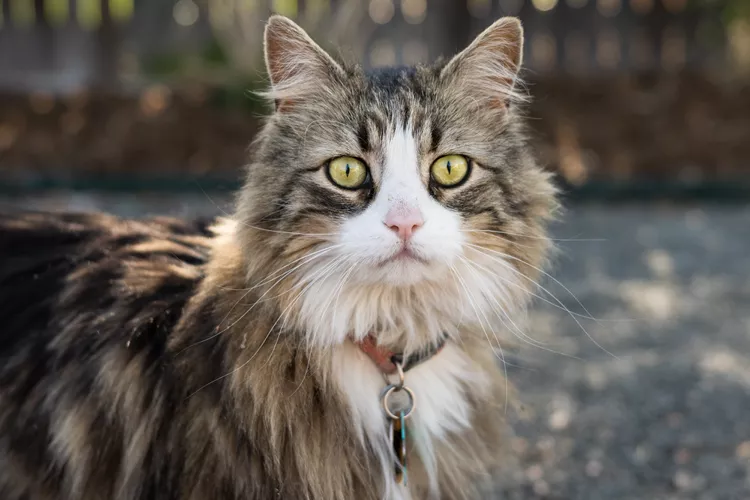
75 Unisex Cat Names
Our gender neutral cat names perfect for your feline friend, with a diverse selection of fun and inclusive options to fit your pet's disposition.
Why Does My Cat Stink?
Is your cat stinky? Find out about the causes of bad odors in cats and when it is something to be concerned about. Learn how to help your stinky cat.
Signs of Rabies in Cats
Rabies is a fatal and contagious virus that can affect cats. Learn about the signs of rabies in cats and what to do about them.
Can Cats Eat Dog Food?
Can cats eat dog food? In small amounts, it's unlikely to be a problem, but long-term feeding of dog food to cats can cause health issues and malnutrition.
Exploring the Different Types of Pet-Friendly Beaches
Are you looking for pet-friendly beaches? Learn about the different types of pet-friendly beaches, their locations, and tips for visiting them with your pet.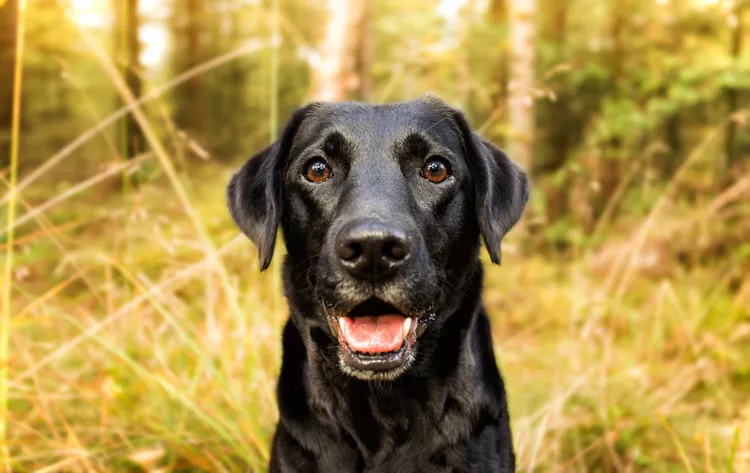
Pulled Muscles in Dogs
A pulled muscle is one of the most common injuries seen in dogs. What can you do if your dog pulls a muscle and how can you prevent it?
Fibrosarcoma in Cats
Fibrosarcomas are potentially fatal soft tissue tumors that can occur in cats. Learn the causes, treatment, and prevention.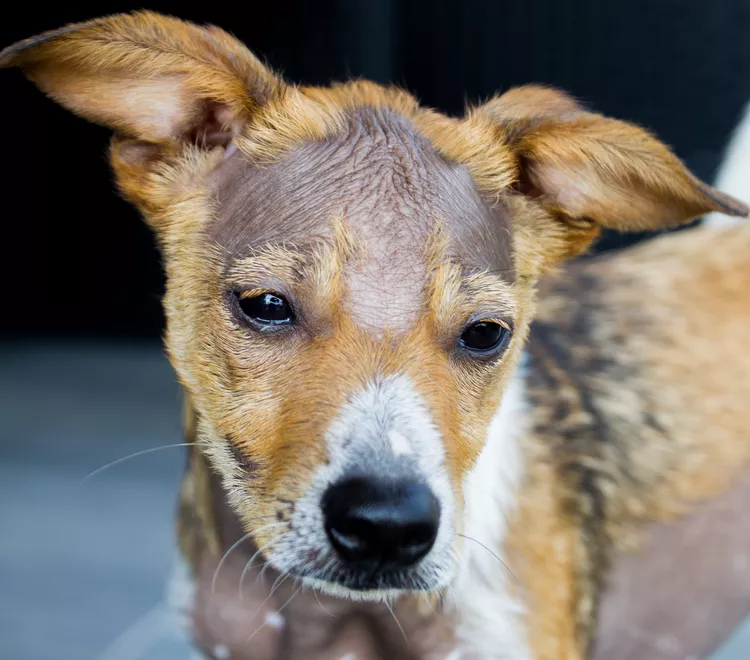
Alopecia in Dogs
Alopecia leads to hair loss and bald spots in dogs. Some breeds may be more at risk. Learn common causes, treatment, and prevention of dog alopecia.
Is Acetaminophen Safe for Dogs?
Acetaminophen is used by humans for pain and fever relief, but is it safe for dogs? Here's what you need to know before giving your dog acetaminophen.
Can Dogs Eat Almonds? Understanding the Risks and Guidelines
Can dogs eat almonds? While a couple likely won't hurt, it's best to avoid feeding your dog this nut. Learn the risks here.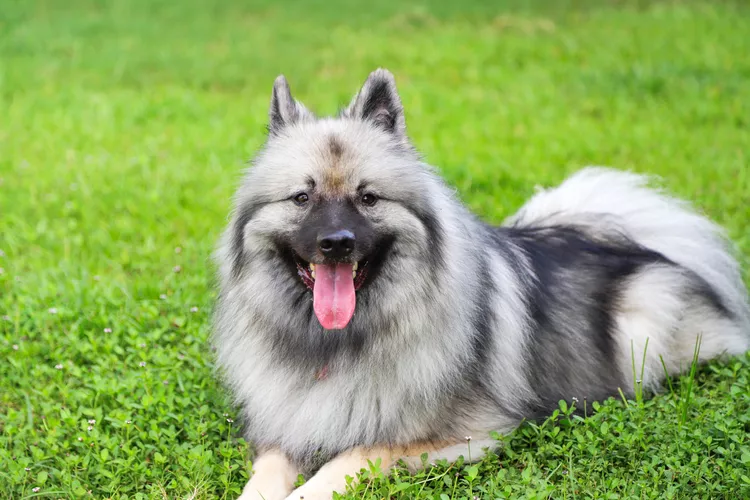
Keeshond: Dog Breed Characteristics & Care
Learn about the keeshond dog, also known as the Dutch Barge Dog. This fluffy spitz breed was bred to guard, but also makes a friendly companion.
Is Rosemary Safe for Dogs?
Rosemary is used both for cooking and as a supplement with many reported health benefits in people, so you may be wondering if it is safe to give to your dog. Rosemary is considered non-toxic for dogs but with some caveats.
7 Hybrid Cats Breeds
Hybrid cat breeds can make appealing pets since they look more exotic than domestic house cats, but they aren't for everyone.
The Best White Cat Breeds to Keep as Pets
Several breeds can result in white cats with long or short hair. Find out the pros and cons of these white cat breeds.
11 Cute Pictures of Ragdoll Cats
Ragdoll cats are known for their beautiful coats and bright, blue eyes. Learn all about the breed, and check out some cute pictures here.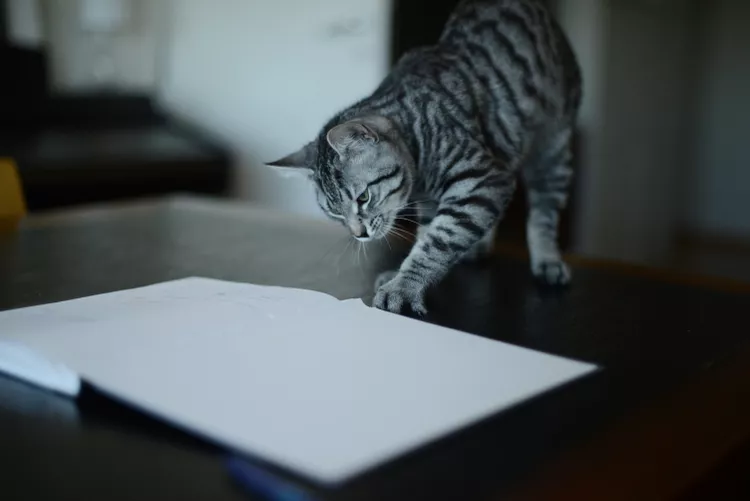
7 Reasons Why Your Cat Eats Paper, and How to Stop It
Is your cat eating paper? Learn why your cat is doing this, and find out how to put a stop to it.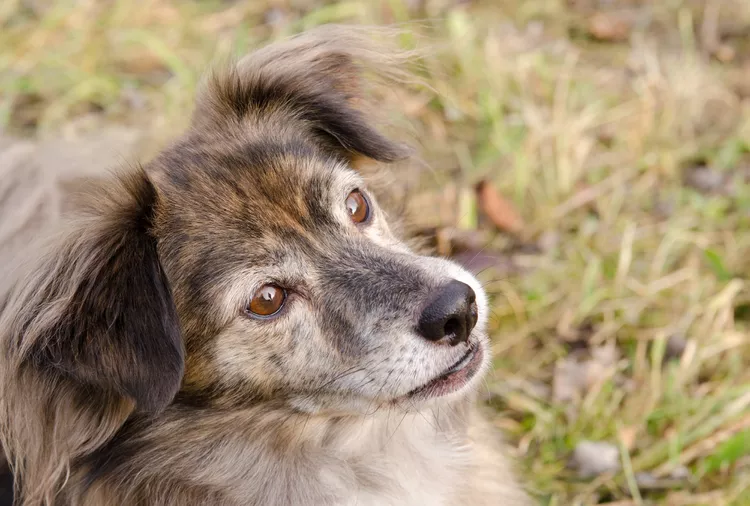
Feist: Dog Breed Characteristics & Care
Feists are small, short-haired dogs developed to hunt squirrels and catch vermin. These high-energy, affectionate pooches make great companion animals.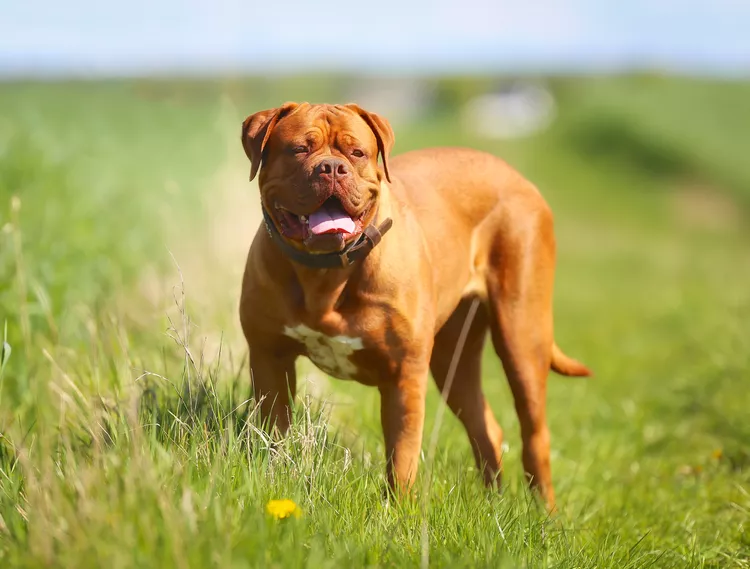
Dogue de Bordeaux (French Mastiff): Dog Breed Characteristics & Care
Learn about the Dogue de Bordeaux, also called the French mastiff. Although large and muscular, they’re known for their calm and gentle personality.
How to Stop Your Dog From Fearing Men
Many dogs have a phobia of men. Learn how to help your dog overcome its fear through desensitization and training while keeping everyone safe.
Why Dogs Eat Poop and How to Stop Them
Is your dog eating poop? Some dogs do this because of stress or illness. Learn how to prevent stool eating, or coprophagia, in dogs.